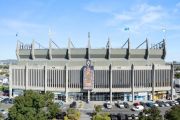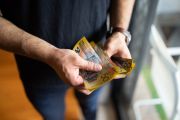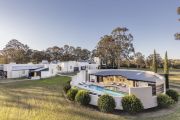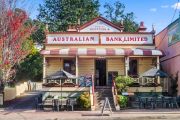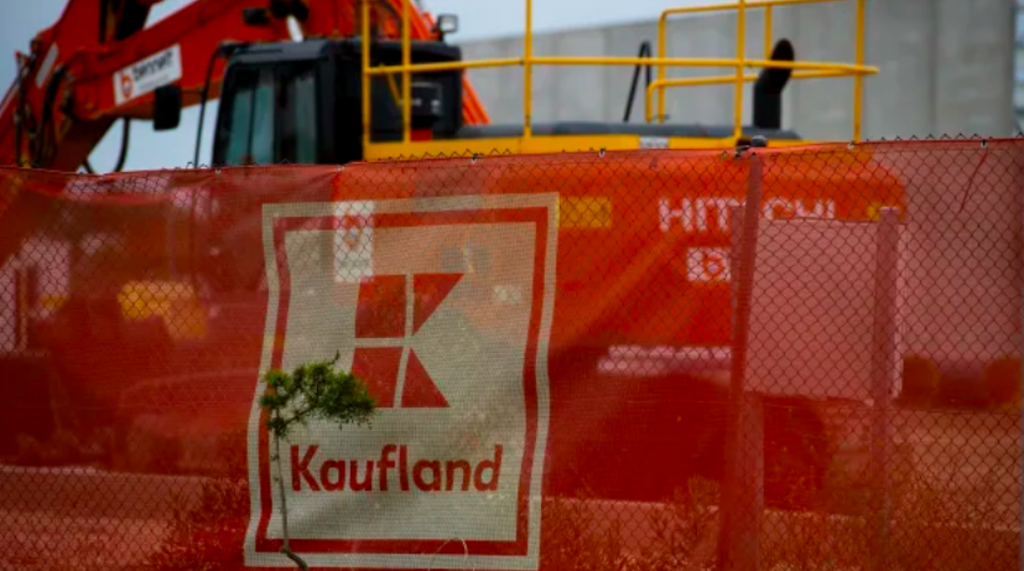
Kaufland hastens exit with portfolio sale
German supermarket giant Kaufland has moved swiftly ahead with the divestment of its local property portfolio after its surprise decision a month ago to pull out of Australia.
The portfolio includes nine mixed-use properties across the country, from Queensland to South Australia and Victoria. Given the complexity of different locations and planning regimes, estimates of the total worth of the portfolio vary. In all it could potentially fetch as much as $250 million, according to market sources.
The retail giant has appointed Colliers International to broker the portfolio, a combination of retail, industrial and mixed-use development sites.
“This is an unprecedented opportunity to secure a national pipeline of prime development sites, all of which are strategically located in growth areas that offer substantial upside,” said John Marasco, Colliers International’s managing director of capital markets, said.
“Rarely do we see such a significant value-add opportunity come to market in Australia.”
Four sites are in suburban Melbourne, along with two in Brisbane, one at Burleigh Head on the Gold Coast and two in Adelaide.
In September last year, Kaufland turned the sod on a planned new 4000sq m store site in the inner-northern Adelaide suburb of Prospect, one of two initial stores the company said it would open – the other being in south-eastern Melbourne’s Dandenong.
The portfolio is expected to garner interest from local and offshore investors, particularly those looking to boost scale by a purchase in one line. The portfolio can also be broken up and sold individually.
An 115,000-square-metre distribution centre which Kaufland has been building worth $459 million at the Merrifield Business Park in Melbourne has not been included in the nine-asset divestment portfolio.
Kaufland’s first stores were originally expected to open in 2019 but the launch date had been pushed back to 2021. Analysts believed Kaufland could become Australia’s fourth-largest food and grocery chain after Aldi in a short period.
Kaufland was estimated to have invested more than $300 million in Australia, mainly on store sites. In January, shortly before its shock announcement, it received another $100 million equity injection from its parent, taking paid-up capital to $523 million.

